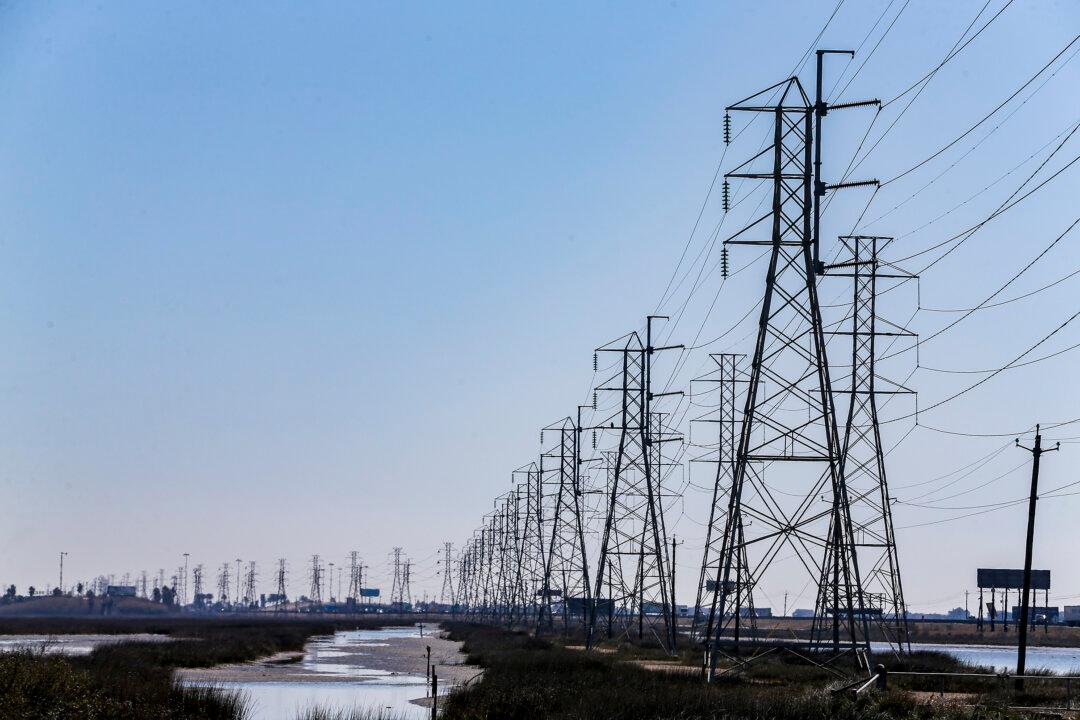The Texas Supreme Court has ruled that the Electric Reliability Council of Texas (ERCOT) has sovereign immunity from lawsuits.
In a split decision, the Supreme Court ruled that ERCOT qualifies as a government entity and cannot be sued for Winter Storm Uri in February 2021, which left millions of Texans without power for days and led to at least 246 deaths. ERCOT is a government-formed nonprofit corporation that operates and manages the Texas electrical power grid but is regulated by the Texas Public Utility Commission (PUC).





